Transparent Labs Pea Protein Isolate is a smooth, easily digested, USDA-certified organic protein made from clean, dairy-free, gluten-free yellow peas. Each serving delivers 28 grams of plant-based protein, abundant in all nine essential amino acids and BCAAs to support muscle growth and recovery. Although Pea protein isolate is not as ‘complete’ as forms of animal-based protein, it has a relatively balanced amino acid profile, especially high in lysine, which is often low in other plant proteins like rice.
It's also virtually sugar-free, easily digested, and contains absolutely no artificial sweeteners, artificial coloring, or artificial flavoring.
























